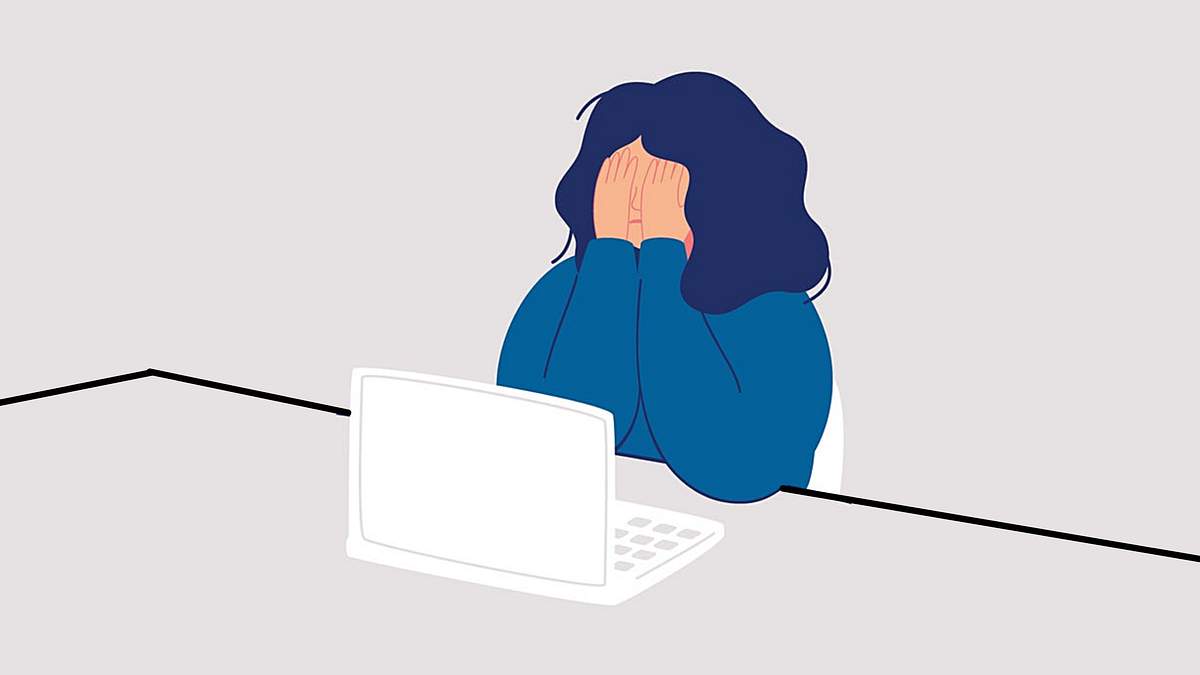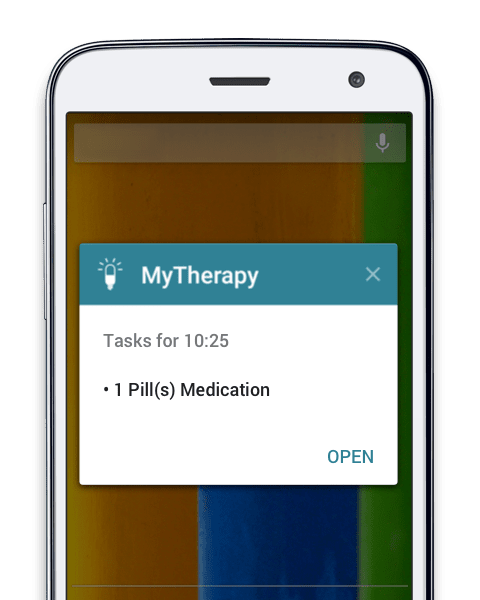The world of mental health is a complicated one to navigate. Aside from the massive range of possible diagnoses, knowing how and when to seek help or provide support can be difficult. For many, the classification of rapid cycling can be confusing. Rapid cycling bipolar disorder isn’t technically one of the four types of bipolar disorder, so how does it fit into a diagnosis? Read on to find out.
What rapid cycling means:
There are 4 types of bipolar disorder, each diagnosis relates differently to the severity of episodes and to the specific symptoms that go along with them. Any of these types of bipolar disorder can also be rapid cycling. That’s because rapid cycling isn’t a type of bipolar disorder. Instead, it is about one course of the disorder. During a rapid-cycling course, patients usually experience more rapid mood swings, and they occur more often than they would typically. Rapid cycling isn’t always a permanent condition for all patients, but for some, it may be. More specifically, bipolar disorder is rapid cycling if a person experiences four or more episodes over a year.
An episode is a period of severe mood swings ranging from depression to mania. These episodes can last anywhere from a week to a period of months. For reference, a person with non-rapid cycling bipolar disorder would expect no more than 2 episodes in a year.
Symptoms and causes of rapid cycling bipolar disorder:
Discussing the symptoms of bipolar disorder is more complicated than other conditions since there are effectively two sets of symptoms. During manic episodes, the symptoms a person experiences are usually in total contrast to those during depressive episodes. If a person is shifting quickly between the two sets of symptoms, it may be a sign of rapid cycling bipolar disorder.
The following lists the two sets of symptoms that patients experiencing a rapid cycling bipolar disorder may shift between.
Manic Symptoms:
- Increased motivation and energy
- Extreme boosts of confidence
- Aggressive or impulsive behavior
- Overly optimistic thinking
Depressive Symptoms:
- Overwhelming sadness
- Pessimistic thoughts
- Unexplained physical pain or discomfort
- Complete loss of motivation and energy
- Alcohol or substance abuse
- Thoughts of self-harm
In some extreme cases, patients may experience hallucinations or psychosis. Typically, patients diagnosed with rapid cycling bipolar disorder would experience more than one symptom from each list. Furthermore, the symptoms experienced usually represent a change from a person's normal mental or physical state. It is critical to note that this list is not complete and should not be used to self-diagnose or attempt to diagnose others. If you feel that you or a loved one have experienced the above symptoms you should seek professional help. There are steps you can take to better support yourself or a loved one with bipolar disorder, but these steps cannot replace proper care.
The causes of rapid cycling bipolar disorder are not known. However, experts have identified a few conditions that it may be associated with. Patients with severe type 1 bipolar disorder, thyroid issues, or a history of substance abuse are all thought to be more likely to develop the condition. Some research suggests women are more likely to develop rapid cycling bipolar disorder than men, but this has not been confirmed.
Tips for living with rapid cycling bipolar or supporting someone who is:
If you or a loved one has been diagnosed with rapid cycling bipolar disorder, some general tips may be helpful to follow. However, the single most important piece of advice is to follow your doctor’s instructions and speak candidly with them about your mental health.
For people with rapid cycling bipolar disorder:
- Avoid alcohol or drug use.
- Don’t take any prescription medication without first consulting with your doctor.
- Establish and maintain daily routines, even if it’s something as simple as making your bed every morning.
- Speak with someone you trust about your feelings. You may also want to let them know what to watch for that can indicate you may be about to have an episode.
If you are experiencing suicidal thoughts, click here.
For people who have loved ones with rapid cycling bipolar disorder:
- Work with them to keep a list of their medications so you can have them on hand in case of an emergency.
- Exercise patience and keep a calm attitude if they become angry.
- Offer as much help as they’re willing to accept.
- Learn their unique warning signs that indicate they may be heading towards an episode so you can be prepared.
- Most importantly, if there is a dangerous situation, you shouldn’t hesitate to call emergency services.
- Be a good listener. People living with mental illnesses can feel isolated and allowing someone to share their feelings can make a big difference.
- Avoid judgment.
Here are some more articles we think you might be interested in:
“I Hate My Life”: Understanding and Treating Clinical Depression
Understanding and Supporting People on the Schizophrenia Spectrum



